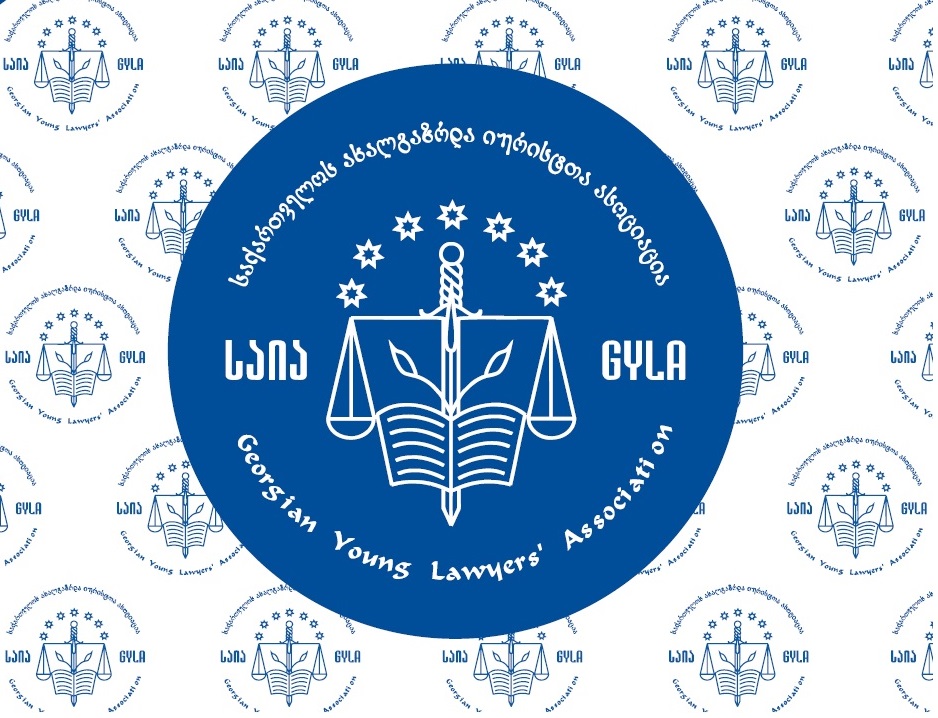


The Parliament of Georgia is considering the amendments to be made to the Law of Georgia on "Agricultural Land Ownership” in an accelerated way. The legislative package during the period of moratorium [i] – prior to the enactment of the new constitution- allows the alienation of agricultural land parcels to foreigners.
According to the draft law, it is defined that, in exceptional cases/events, the authority to acquire ownership rights over agricultural land parcels shall be granted to:
- commercial banks determined by the legislation of Georgia, which are entitled to the right to agricultural land ownership only within the banking activities provided for in the legislation of Georgia;
- in exceptional cases and in case of a reasoned necessity, the interested persons, under the decision of the Government;
Agricultural land is the most important resource of the State, which is of particular importance in the long-term economic development of the State in the agricultural sector. [iii] Accordingly, it is extremely important that any legal acts related to its disposal shall be based on a detailed understanding of the issue, a long-term systemic vision and in-depth analysis of the possible consequences of the legislative regulations. At the same time, it is necessary that the applicable regulations shall meet the requirements of the law foreseeability.
This draft law envisages as an exception the disposal of agricultural land on general and vague basis, such as "special events/cases" referred to in the draft bill, while no additional details are provided for in the draft law. In the light of lack of appropriate criteria, specific rules and regulations, the only reference to "special cases/events" may pose the risk of unequal attitude and bias towards interested persons and most importantly – the risk of conclusion of possibly corrupt deals. In particular, at the transition stage, prior to the development of a new and highly restrictive legislative framework, naturally, the interest in acquiring property rights over agricultural land parcels is increasing. This, obviously, further enhances the risk of dishonest decisions within the vague legislation.
For the above reasons, it is clear that the proposed draft law cannot be evaluated positively as a comprehensive and foreseeable regulation.
In addition, it is important to note the unstable state policy of the country in terms of agricultural land disposal. The analysis of the past periods reveals that the State has not demonstrated yet a systematic and in-depth vision of the proper regulation of the issue, which was mostly manifested in a repeated changing of the constitutional provision wording at the first stage, [iii] and the chaotic elaboration of subsequent legislative acts. [iv] The events developed so far suggest that the development of the regulations related to agricultural land disposal is being carried out within the lack of adequate information, improper understanding of the issue and the lack of a shared vision over the matter, which may irrevocably harm an important resource of the State, such as agricultural land. That is why, due to the importance of the issue, we call upon:
Government of Georgia:
- In order to avoid chaotic legislative amendments and formulate a comprehensive legislative framework, develop a long-term systematic vision to ensure agricultural land disposal, which will be based on factual reality, good international practice and right balance of human rights and other legitimate interests.
Parliament of Georgia:
- After establishing by the Government of a long-term systematic vision towards the agricultural land disposal, ensure the development of the appropriate legislative framework with the involvement of expert circles and civil society.
[i] The moratorium provided for in the Law of Georgia "On Agricultural Land Ownership", during which granting the property rights to foreigners, legal entities registered overseas and legal entities registered by foreigners in Georgia in accordance with the Georgian legislation has been suspended until the Constitutional Law of Georgia “On Amendments to the Constitution of Georgia" becomes effective.
[ii] At the same time, the above has been acknowledged by the explanatory note of the draft law -http://info.parliament.ge/file/1/BillReviewContent/156823?;
[iii] It is noteworthy that at the first stage the Parliamentary majority supported a full prohibition of land alienation, but ultimately, in accordance with the draft law approved by the Committee the regulation of the issue was subjected to the Organic Law - http://constitution.parliament.ge/uploads/masalebi/konstitucia-gadasinjva-cvlileba.pdf, and later at the Committee hearings a decision was made on relative tightening of the regulation and was established that the land as the most important resource shall remain in the ownership of only the State, self-governing units, Georgian nationals or a union of Georgian citizens. Exceptions/special cases shall be determined by the Organic Law adopted by the majority of the two-thirds of the total composition of the parliament - http://info.parliament.ge/file/1/BillReviewContent/157042?;
[iv] It is noteworthy that firstly the draft amendments were introduced to the Parliament, which provided for the detailed rules for regulating agricultural land disposal - http://info.parliament.ge/#law-drafting/13938; Later, the amendments were submitted about the introduction of the moratorium: http://info.parliament.ge/#law-drafting/14068 ; And presently, the amendments have been submitted on consideration of the exceptions from the moratorium - http://info.parliament.ge/#law-drafting/14365;
ჯ. კახიძის #15, თბილისი, საქართველო, 0102 ; ტელ: (995 32) 95 23 53; ფაქსი: (995 32) 92 32 11; ელ-ფოსტა: gyla@gyla.ge; www.gyla.ge
15, J. Kakhidze str. 0102, Tbilisi, Georgia. Tel: (995 32) 95 23 53; Fax: (995 32) 92 32 11; E-mail: gyla@gyla.ge; www.gyla.ge